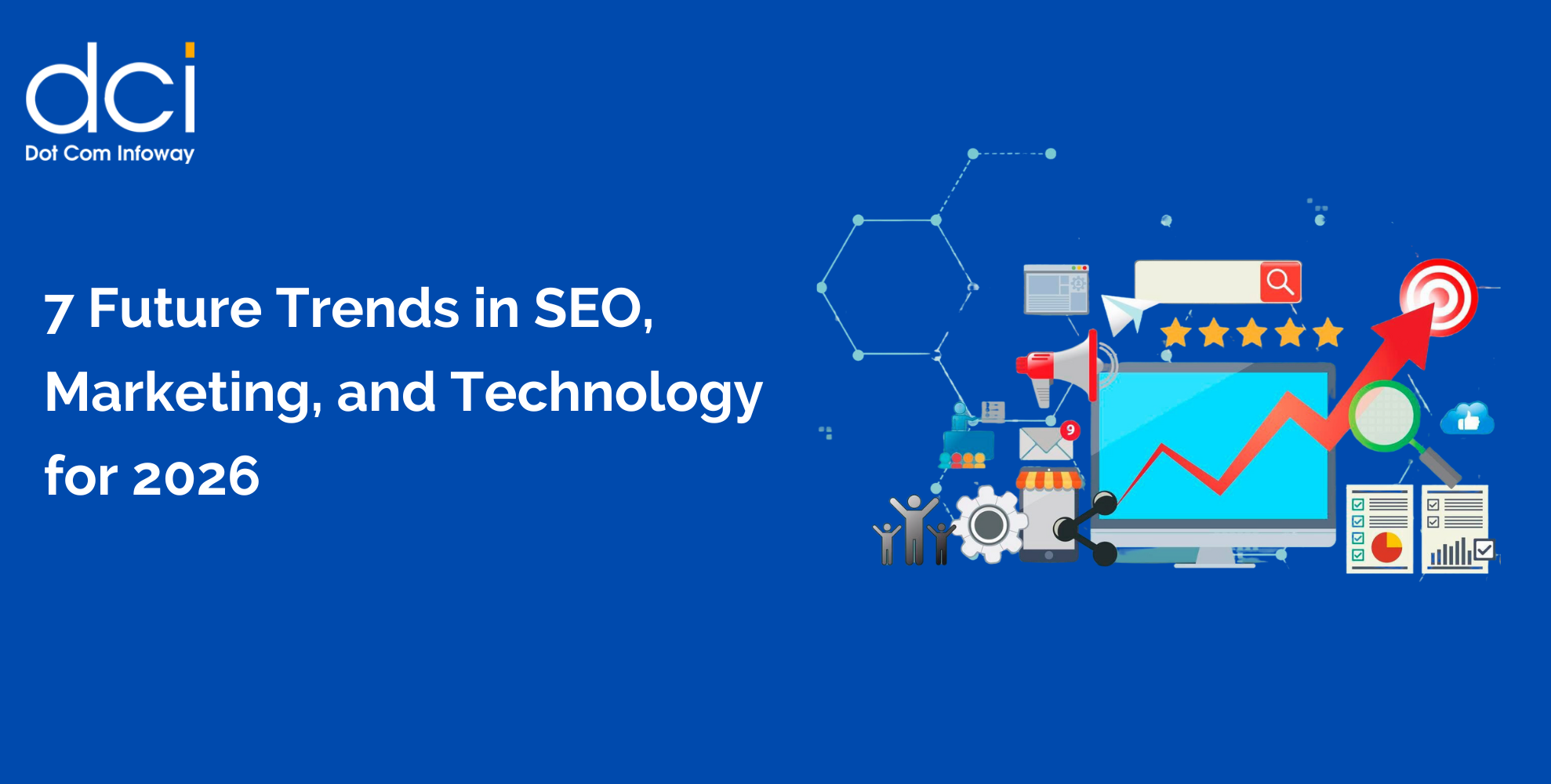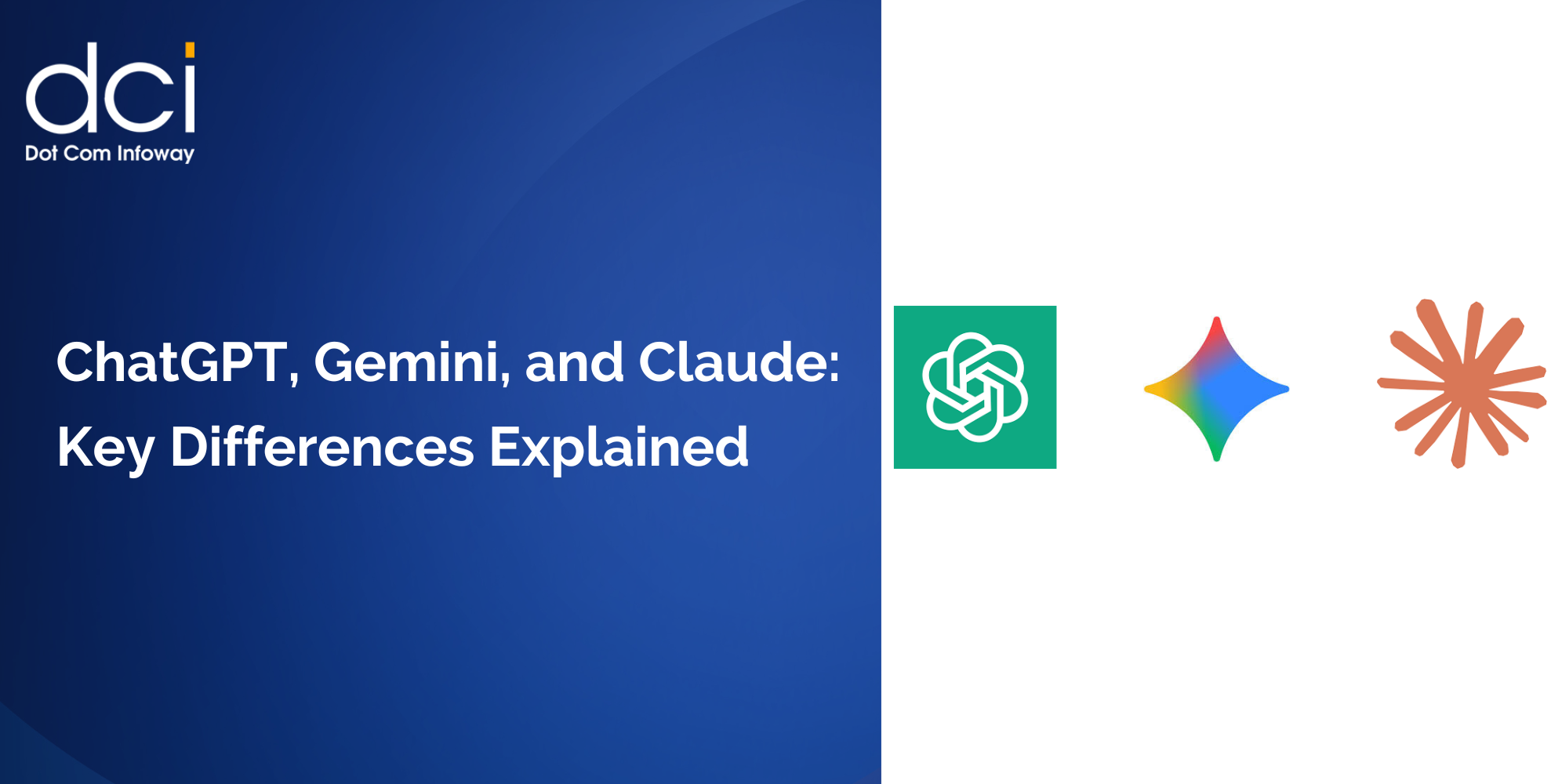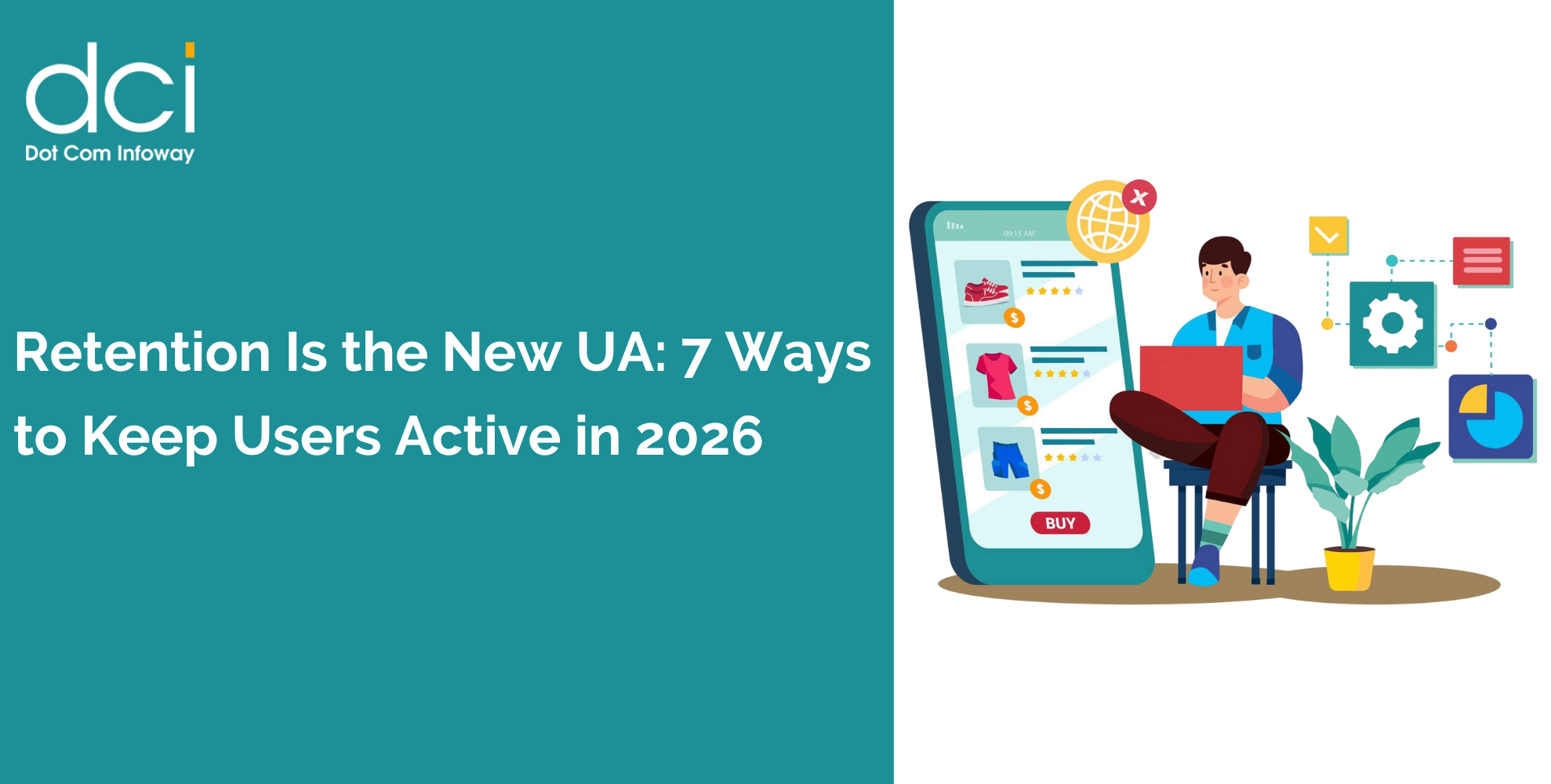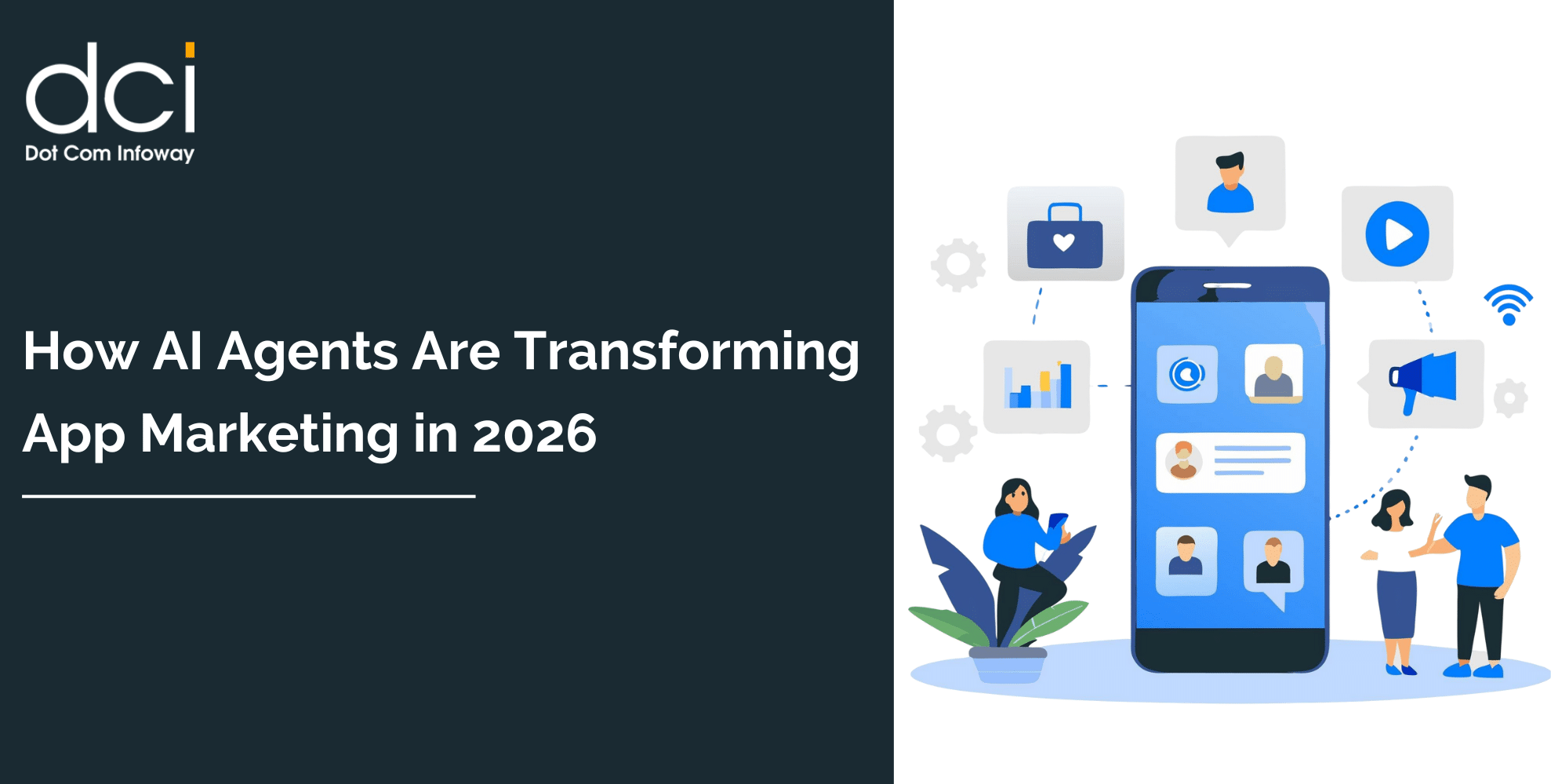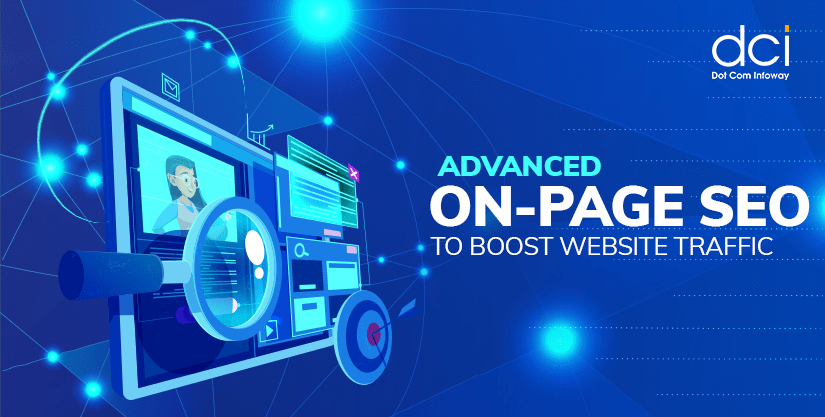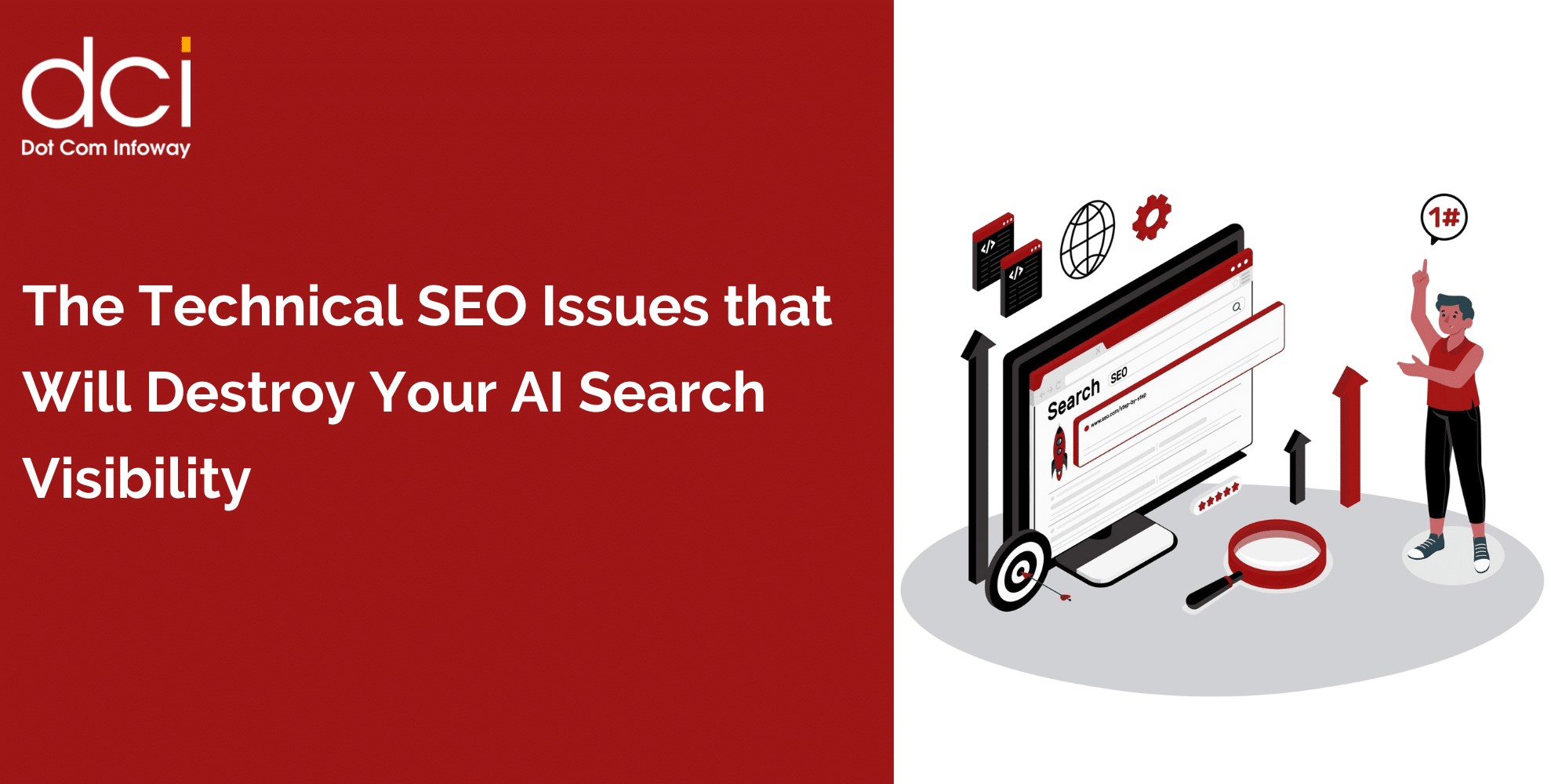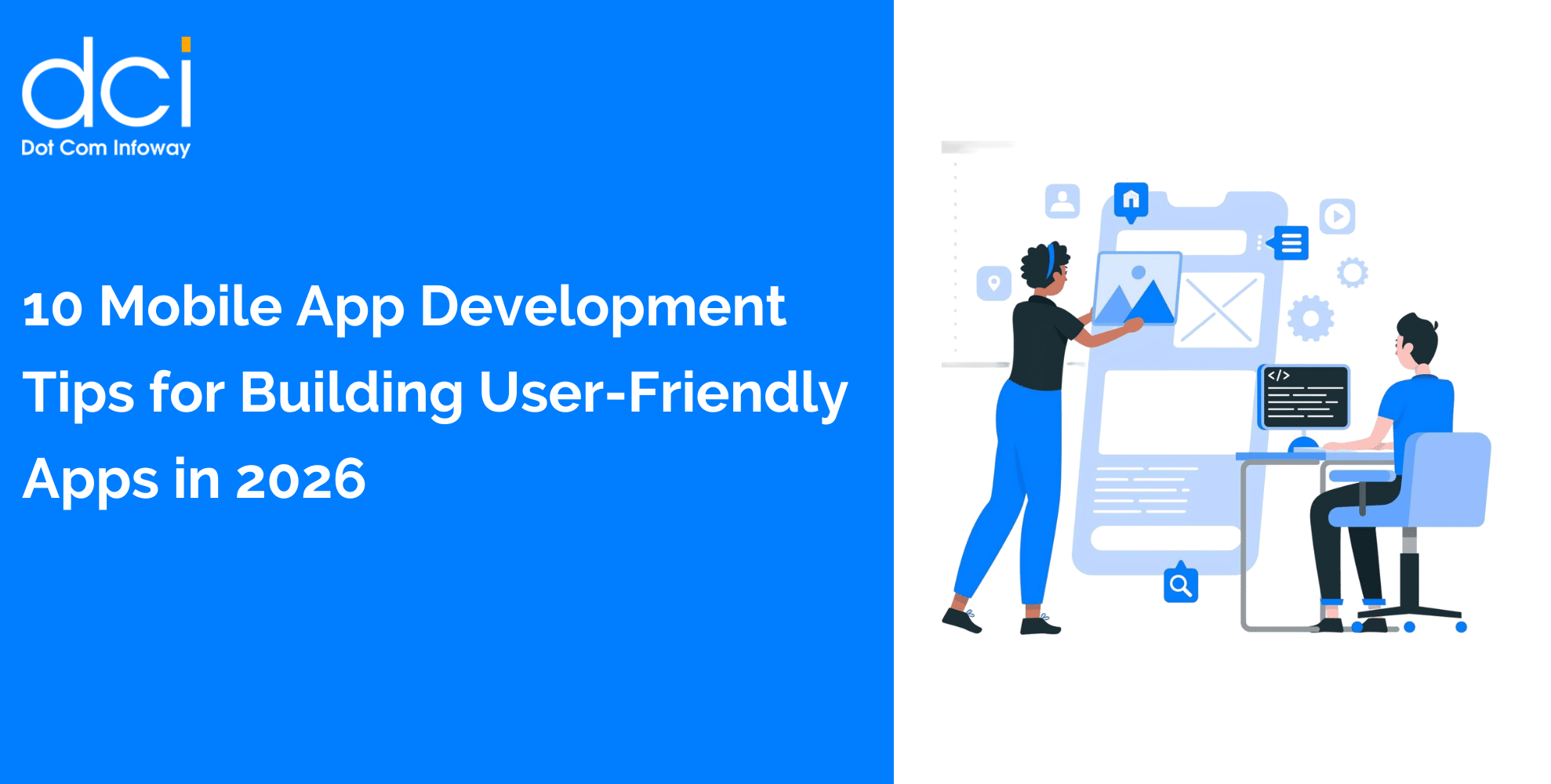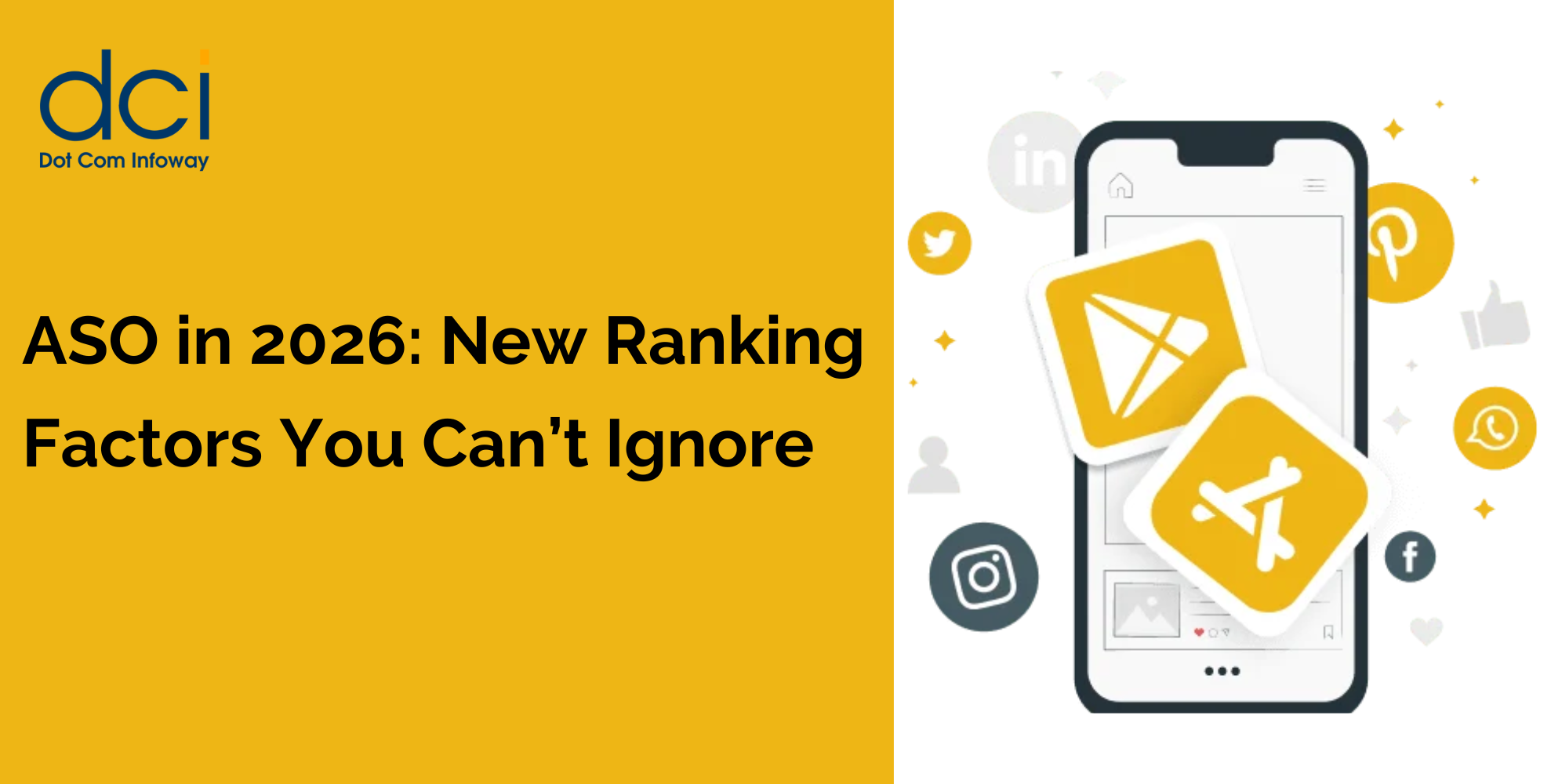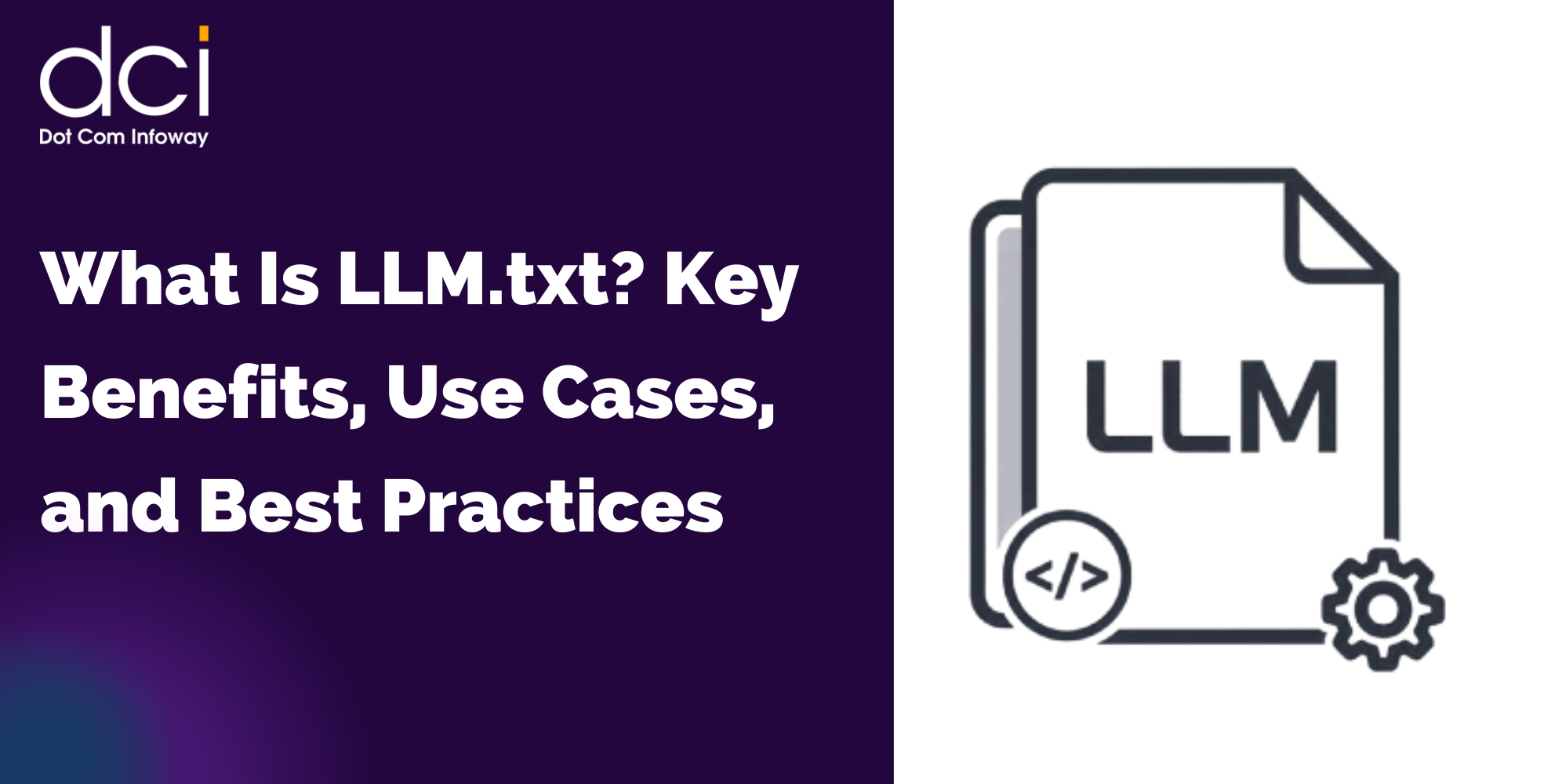Voice Search and AI: Changing the Way We Find Information
With the rise of virtual assistants like Siri, Alexa, and Google Assistant, voice search is transforming digital marketing. AI processes natural language queries, making voice search highly intuitive and conversational.
Marketers must optimize content for voice search by focusing on natural language, long-tail keywords, and answering common questions. This shift requires a new SEO approach but opens opportunities to reach users in a more personal, engaging way. The increasing use of voice search signals a major transformation in how consumers interact with brands online, driven by AI.
AI and Visual Recognition in Marketing
AI-powered visual recognition is another frontier transforming digital marketing. This technology analyzes images and videos to identify objects, logos, and even emotions, enabling brands to understand visual content’s impact better.
For example, AI can track brand logos in social media images, providing insights into brand visibility and consumer sentiment. Visual AI also supports augmented reality (AR) marketing, where customers interact with products virtually. These innovations offer fresh avenues for engagement and data collection, transforming marketing strategies.
AI in Email Marketing: Boosting Open Rates and Engagement
AI-powered visual recognition is another frontier transforming digital marketing. This technology analyzes images and videos to identify objects, logos, and even emotions, enabling brands to better understand visual content’s impact better.
For example, AI can track brand logos in social media images, providing insights into brand visibility and consumer sentiment. Visual AI also supports augmented reality (AR) marketing, where customers interact with products virtually.
These innovations offer fresh avenues for engagement and data collection, transforming marketing strategies.
Social Media Marketing Gets Smarter with AI
Social media platforms thrive on AI, and marketers leverage this to transform social media marketing. AI algorithms decide what content appears in feeds, analyze audience behavior, and optimize ad placements.
AI tools help marketers schedule posts for maximum reach, identify trending topics, and monitor brand sentiment in real time. This transformation enables more strategic and responsive social media campaigns.
Additionally, AI-powered image and video recognition can enhance targeting by understanding visual content and context.
AI Ethics and Privacy Considerations in Digital Marketing
While AI is transforming digital marketing, it also raises important ethical and privacy questions. Marketers must balance AI’s power with responsible data use.
Transparency about data collection, respecting user consent, and safeguarding privacy are crucial. As regulations like GDPR and CCPA become stricter, marketers must ensure AI systems comply. Ethical AI use builds trust with customers and sustains long-term brand reputation amid digital transformation.
Future Trends: What’s Next for AI in Digital Marketing?
The future of AI in digital marketing promises even deeper integration and innovation. Advances in generative AI, real-time customer journey mapping, and emotion AI will further transform how brands connect with consumers.
Marketers can expect AI to become more intuitive, predictive, and creative, unlocking new growth opportunities. However, human creativity and strategy will remain essential to guide AI-driven marketing effectively. Embracing AI now prepares businesses for a competitive digital future where transformation is continuous.
Conclusion
AI is transforming digital marketing at an unprecedented pace, reshaping how brands understand, engage, and convert their audiences. Through personalization, automation, predictive insights, and smarter advertising, AI empowers marketers to deliver superior results efficiently. As AI technology evolves, its impact on digital marketing will only deepen, making it essential for businesses to embrace this transformation. Whether you are a seasoned marketer or a business owner, understanding how AI is transforming digital marketing and applying relevant use cases can set you apart in a competitive digital world. The future belongs to those who harness AI’s power responsibly and creatively.

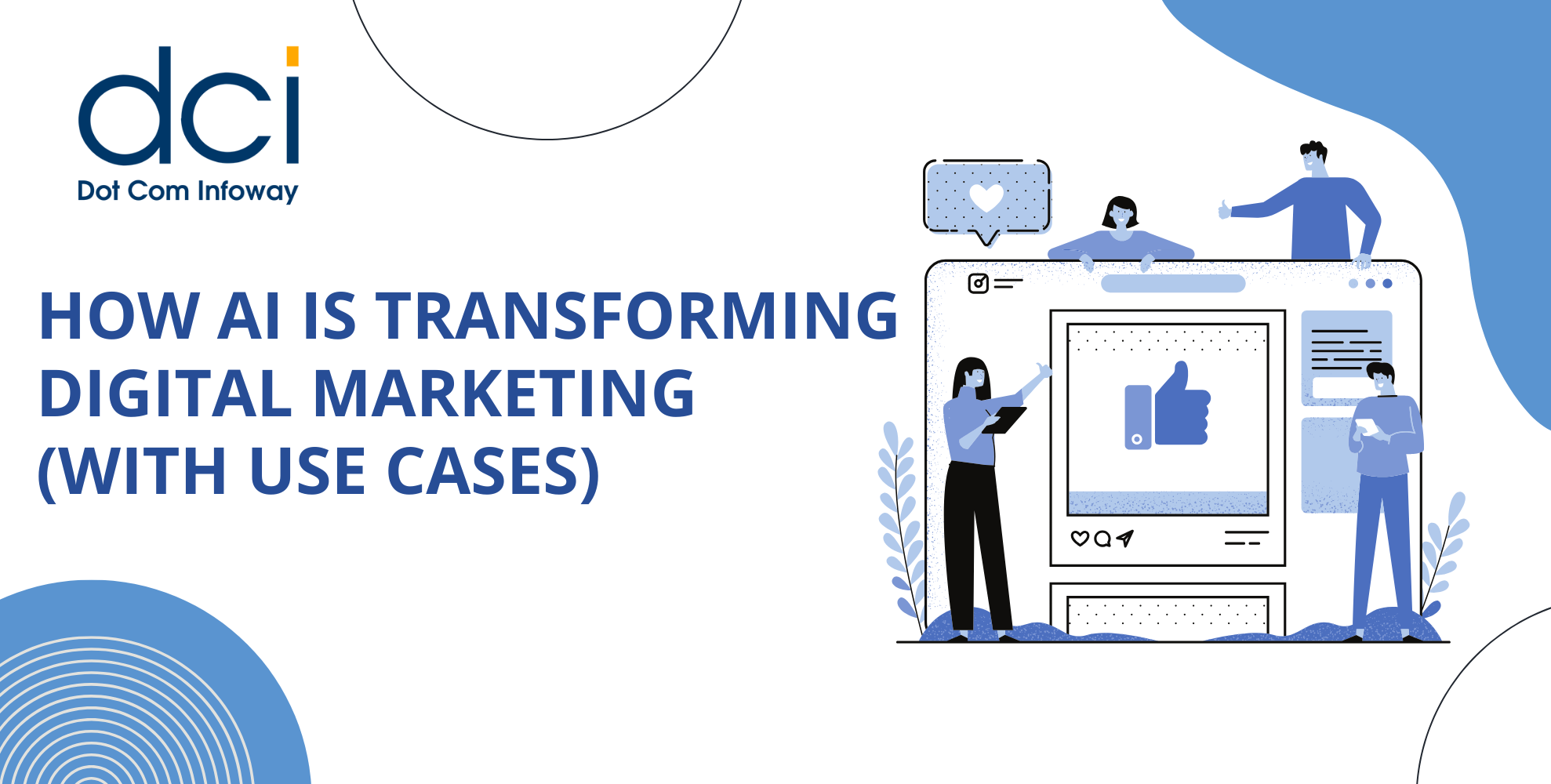
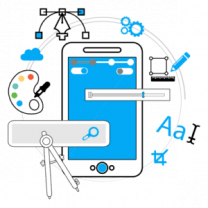




![The Game Marketing Guide: Pre and Post-Launch Strategies [Infographic]](https://www.dotcominfoway.com/wp-content/uploads/2023/09/DCI-Game-Marketing-blog-1.jpg)
